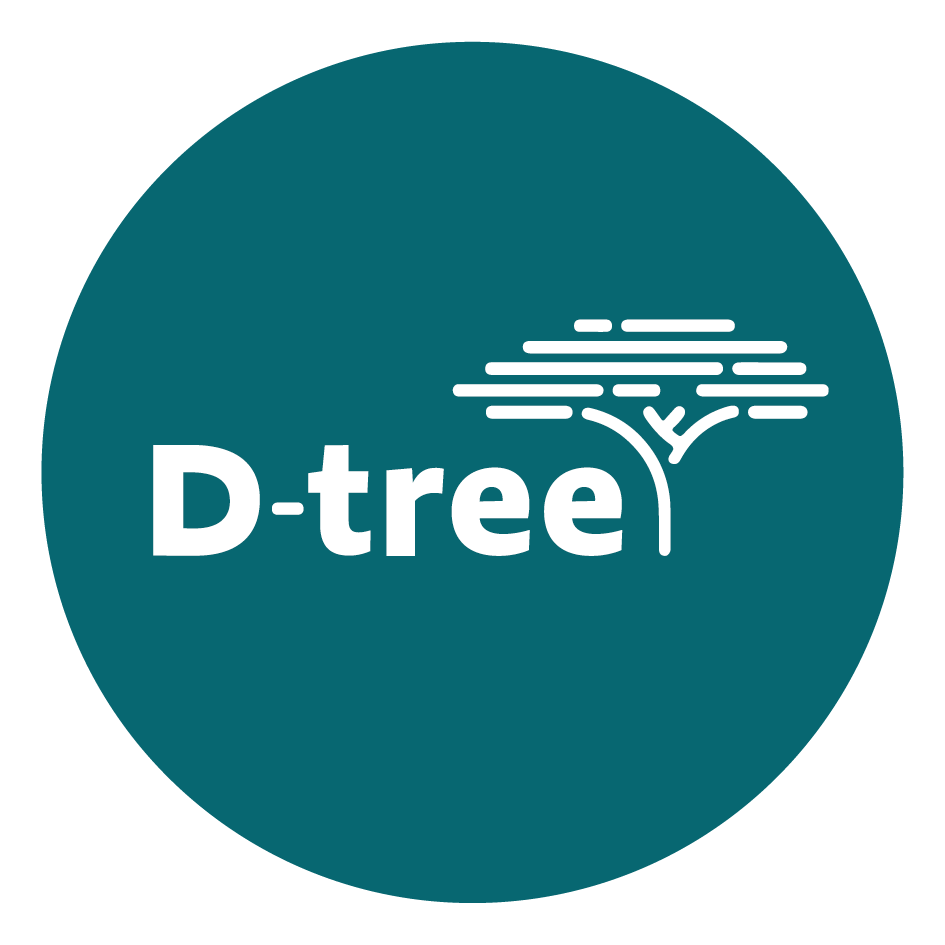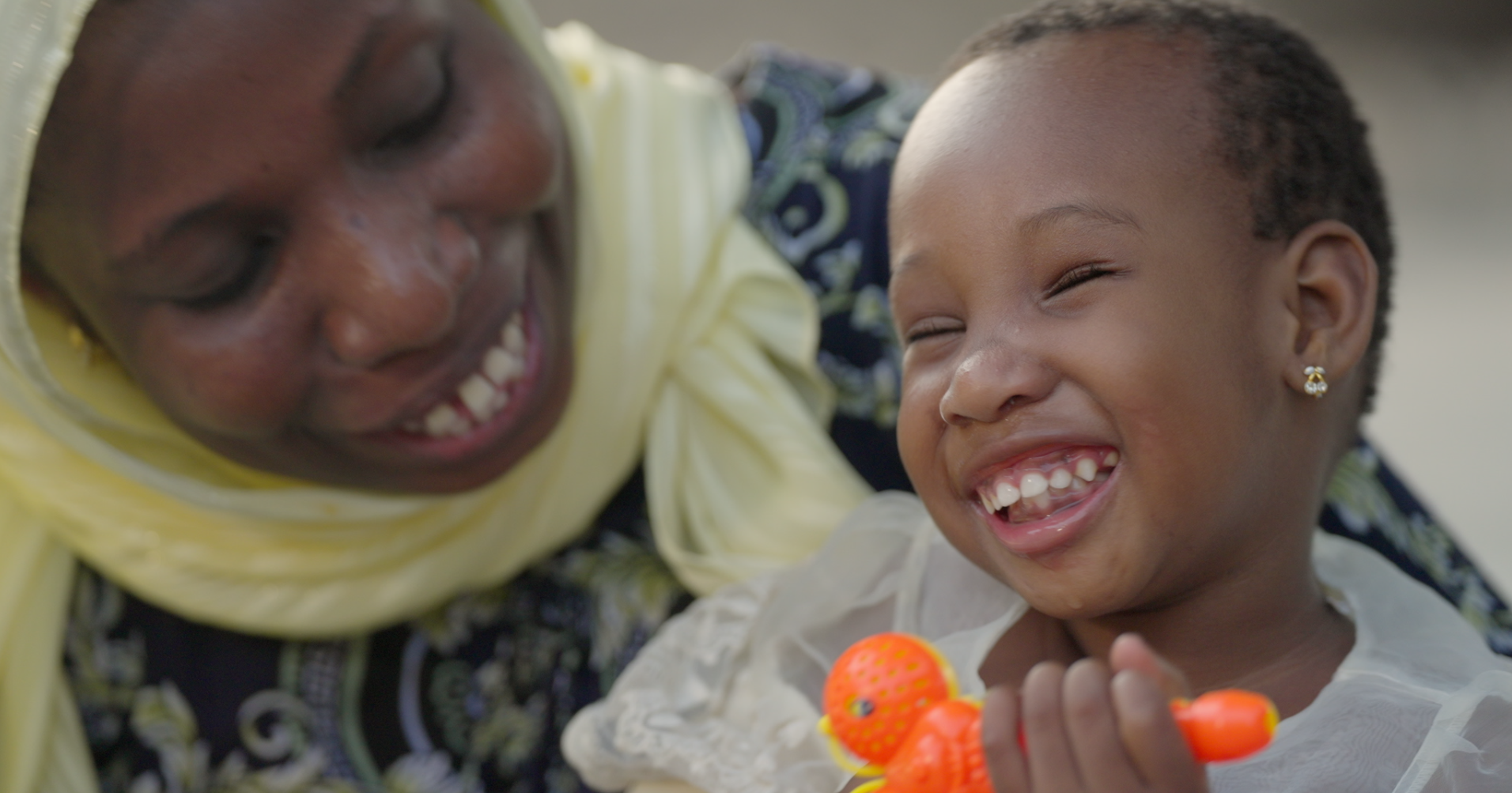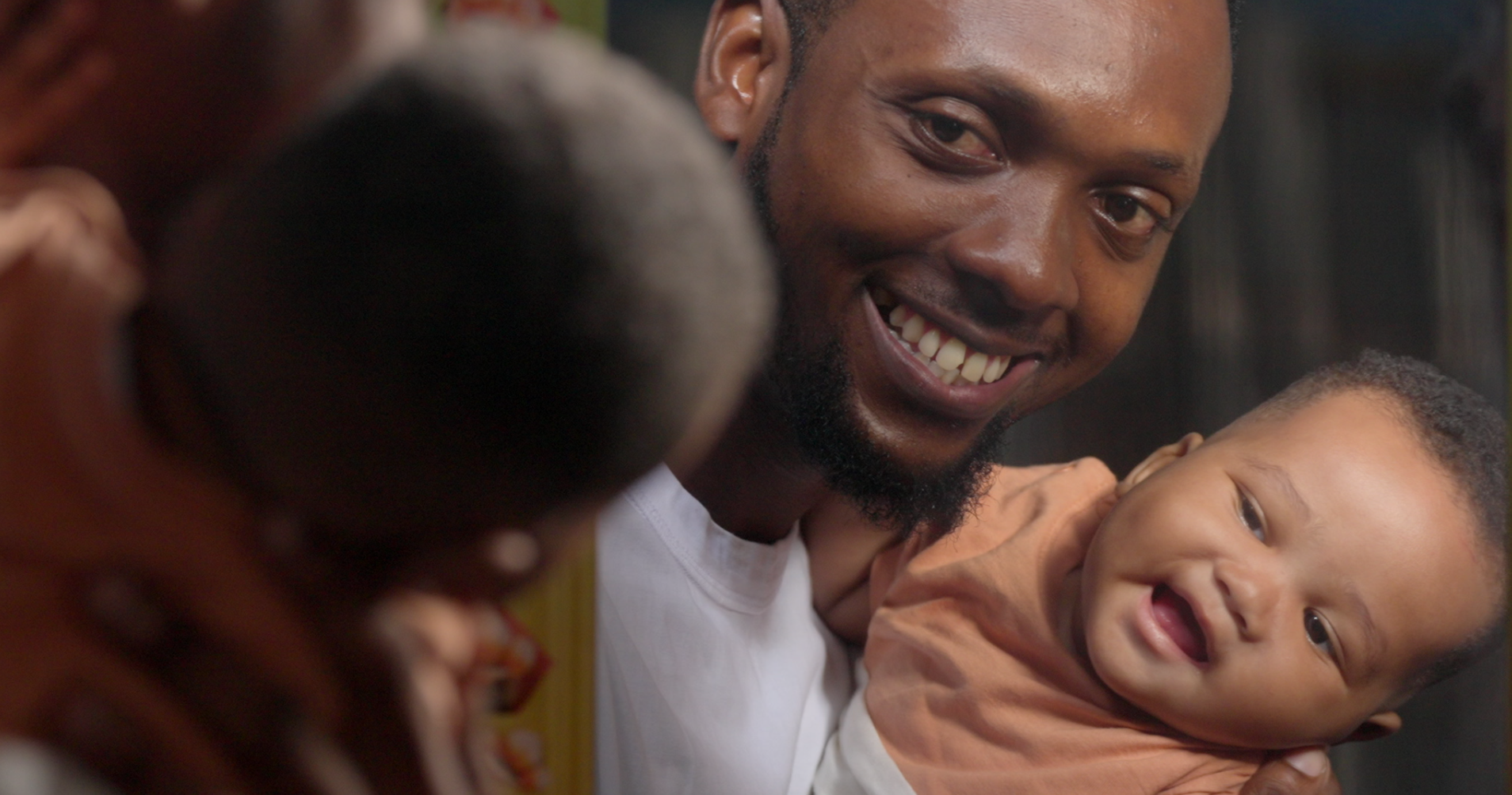When we think of frontline health workers, community health workers may be the first thing that comes to mind. But there’s another crucial frontline actor in every child’s life: their caregiver.
Parents and caregivers are often the first to notice a fever, introduce the first solid foods and play the games that spark learning and connection. Yet historically, parents have been under-supported actors in the health system in many low- and middle-income countries.
At D-tree, we believe that caregivers are critical drivers of child health and development and that with the right support, they will have a huge impact on the future health and well-being of their children.
In Zanzibar, that change is already underway.
Through Jamii ni Afya, Zanzibar’s national community health program, caregivers are gaining the tools and guidance they need to support their children’s early development, from nutrition and play to recognizing danger signs and seeking timely care, and we have the evidence that the approach works. D-tree recently completed a large-scale evaluation of the program’s impact on early childhood development (pre-print available here). Using rigorous scientific methods, we surveyed a representative sample of households both before the program launched in 2019 and again in 2023, allowing us to measure real changes following implementation. The results are compelling:
-
- Caregivers are now twice as likely to recognize key child health danger signs
- They’re 2.5 times more likely to understand healthy nutrition
- Families are nearly 4x more likely to have books at home
- Fathers are engaging in play at unprecedented rates and are 11x more likely to play one activity
These changes point to better parenting as well as a stronger foundation for children’s lifelong learning and well-being.



